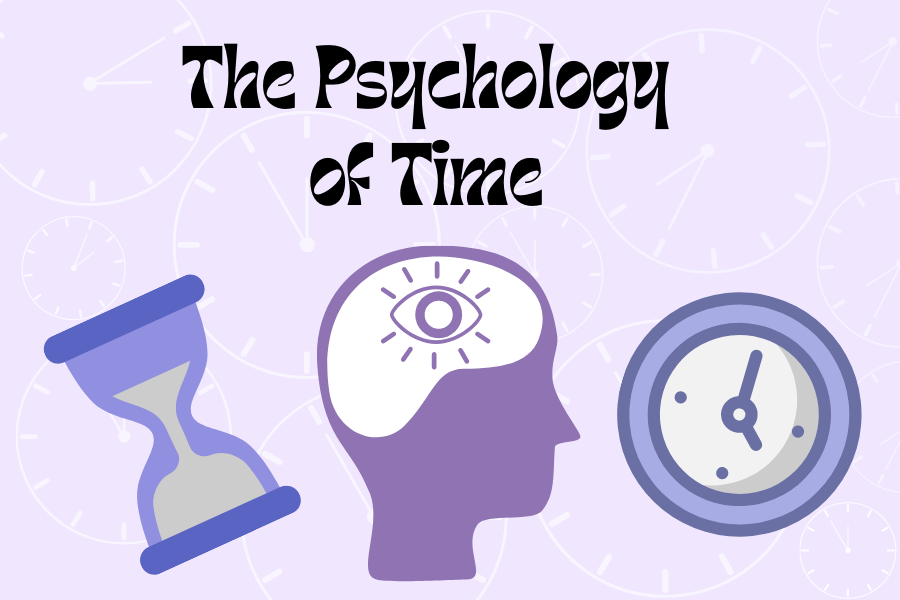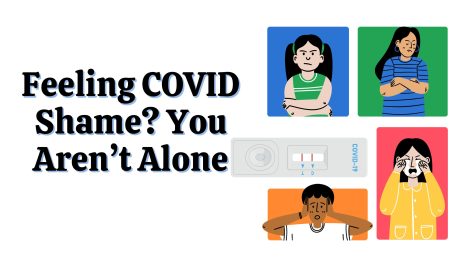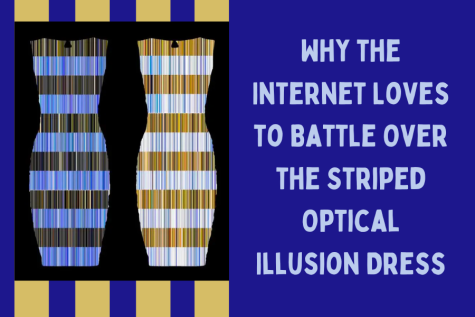The Psychology of Time
The psychology of time is an interesting concept. It’s your perception of time, and a shift in perception would be when you feel time either slowing down or speeding up – a phenomenon that nearly everyone has felt before.
There are two main causes to our individual perception of time: our internal clock and our circadian rhythm. There is something in our brain called our “internal clock”. Scientists and psychologists are still trying to find out more about it, but they do know that it controls dopamine and norepinephrine (more commonly known as adrenaline) which alters how humans experience time. Say, for example, you’re walking down the street and see a car speeding towards you well above the speed limit. Once you see the car, you see it almost as if in slow motion, and you’re able to (hopefully) leap out of the way before you turn into roadkill. What about when you’re sitting on the couch, rewatching The Office bloopers reel for the fifteenth time, what may be thirty minutes seems to go by in an instant.
The second main cause is our circadian rhythm. The circadian rhythm is experienced throughout the entire natural world, implying its necessity for survival. The circadian rhythm controls the mental, behavioral and physical changes that occur during the day and night. For example, being able to stay awake during the day and falling asleep during the night. The circadian rhythm is a self-regulatory mechanism, and is, as mentioned before, vital for survival. If we can’t fall asleep during the night, we won’t be able to perform our usual tasks during the day. And the best part? It stays constant, even in situations where we wouldn’t be able to discern the difference between night and day.
In order to test this, Michel Siffre, a French underground explorer conducted an experiment in 1962. He wanted to research the circadian rhythm, so he trapped himself in a cave for two months. He had a team above ground, whom he would call every so often. He would tell them when he was going to sleep, when he woke up and when he ate. When the data was compiled at the end, it was found that, on average, he stayed awake for thirty-six hours before sleeping for twelve to fourteen hours. This, for most people, would not be considered a normal sleep schedule, but the fact that he stayed within a releavity consistent schedule is important. It means that the circadian rhythm still works even when there are no outside ‘cues’ (like the sun setting, for example) to indicate when a certain part of the rhythm should take place (like falling asleep).
However, although Siffre was able to fall asleep and wake up at designated times, he was not exempt from some of the consequences that come with being in a cave for two months. When his team called him to tell two months had passed and that the experiment was complete, he initially thought they were joking because to him, only one month had passed. His brain essentially rewrote his memories, erasing the parts that didn’t hold any significance. Since his life in the cave was so mundane, he lost nearly half his memories.
But what does that mean for everyday life? Let’s look at the recent pandemic. According to a study by Ruth S. Ogden, an experimenter from the UK, out of eight hundred fifty three people surveyed, over eighty percent experimented, a major shift in time. Of that eighty percent, half felt time slow down and half felt it speed up. There seemed to be no real reason why some felt time slow down while some felt it speed up. However, seeing the similarities between the group who felt time speed up and Michel Siffre’s loss of memories, it’s my conjecture that the group who felt time speed up lost the unimportant memories, making it seem that several months passed by very quickly. We’ve established that the internal clock works during short periods of time, while the circadian rhythm works as cycles each twenty-four hours. However, Siffre’s case and the people during the pandemic are proof that the internal clock can override the circadian rhythm for an extended period of time, making the difference between the actual time and perception of time even greater.
In this study of time, there is a lot of speculation; it’s difficult to get concrete information on how people perceive time because since everyone experiences the passage of time differently, there isn’t much objective data. Either way, it still remains a topic scientists and psychologists alike are interested in studying, mainly because the psychology of time is rooted in human welfare. If we know about how humans perceive time, the more we’ll know about how they store memories, making it easier to help people retain good memories and lose the bad ones. Or rather, perhaps it’s not a matter of if, but when.
- Front. Psychol., 21 August 2014 | https://doi.org/10.3389/fpsyg.2014.00917
- “Time Perception.” Exactly What Is Time?, http://www.exactlywhatistime.com/psychology-of-time/time-perception/.
- “Biological Clock.” Exactly What Is Time?, http://www.exactlywhatistime.com/psychology-of-time/biological-clock/.
- “Circadian Rhythms.” National Institute of General Medical Sciences, U.S. Department of Health and Human Services, https://www.nigms.nih.gov/education/fact-sheets/Pages/circadian-rhythms.aspx#:~:text=Circadian%20rhythms%20are%20physical%2C%20mental,the%20study%20of%20circadian%20rhythms.
- Ogden, Ruth S. “The Passage of Time during the UK Covid-19 Lockdown.” PLOS ONE, Public Library of Science, https://journals.plos.org/plosone/article?id=10.1371%2Fjournal.pone.0235871.
- Siffre, Joshua Foer and Michel. “Caveman: An Interview with Michel Siffre: Joshua Foer and Michel Siffre.” CABINET /, https://www.cabinetmagazine.org/issues/30/foer_siffre.php.












